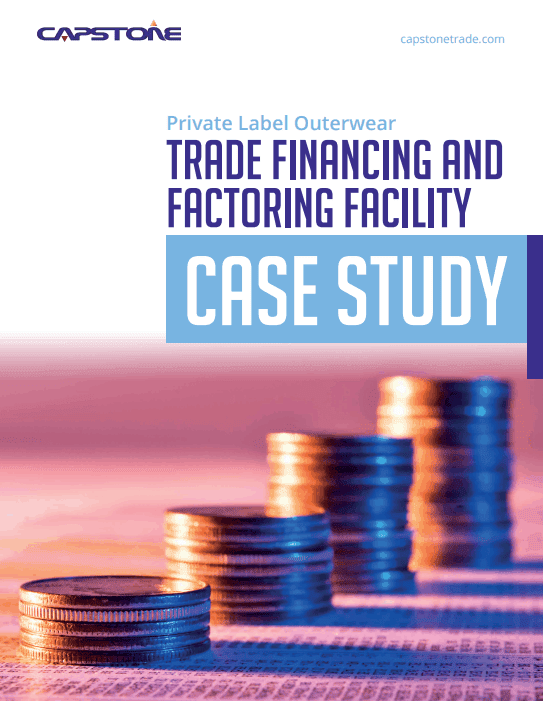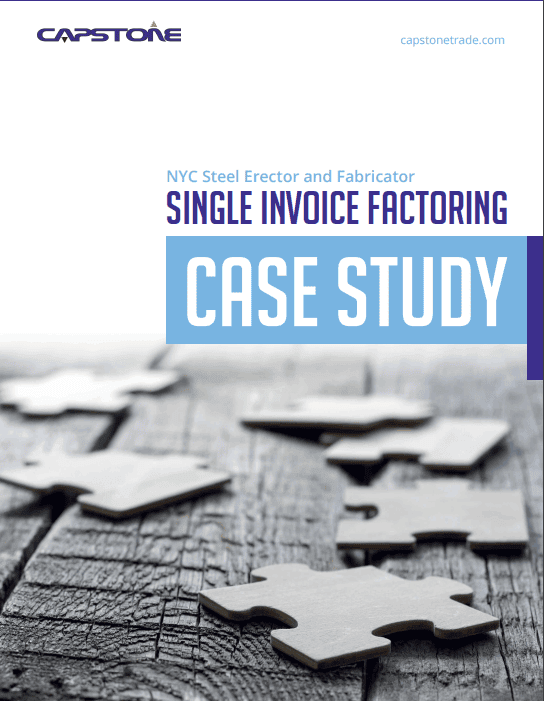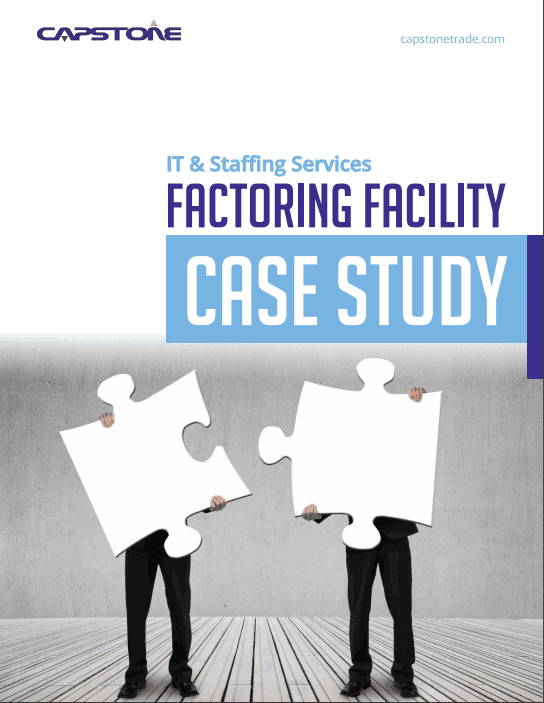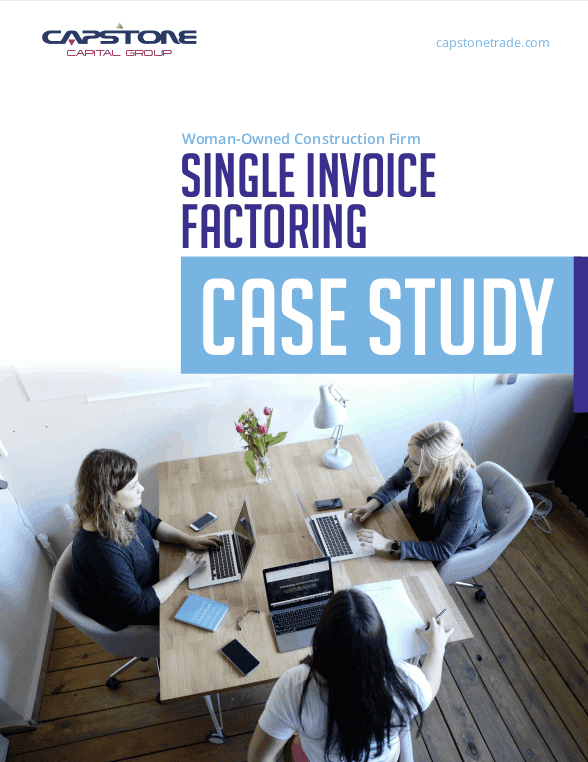Understanding Non Recourse Factoring
Like any type of financing, accounts receivable factoring is a risk taken by the factoring company. In most cases, accounts receivable factoring is based on the creditworthiness of the underlying customer. Therefore, a factoring company does not provide financing for invoices that are made to an individual customer, instead they provide funding against invoices made …












